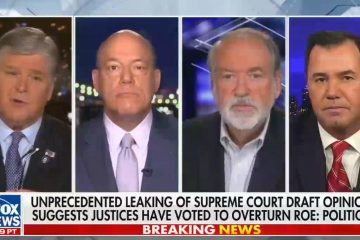The Impact of Brian Leveson on Law and Media Ethics

Introduction
Brian Leveson is a name synonymous with significant judicial reform and media ethics in the United Kingdom. As the former president of the Queen’s Bench Division and the head of the Leveson Inquiry, his contributions have sparked extensive discussions about press conduct and accountability. Given current controversies surrounding media practices and the freedom of expression, understanding Leveson’s influence is more relevant than ever.
The Leveson Inquiry
In the wake of the phone-hacking scandal involving News International in 2011, Brian Leveson was commissioned to investigate the ethics of the British press through what is now known as the Leveson Inquiry. Conducted from 2011 to 2012, this inquiry laid bare the misconduct of certain newspapers, their relationships with public officials, and the significant failures in regulation.
Leveson’s detailed report, released in November 2012, made several pivotal recommendations aimed at establishing a new regulatory system that would protect the public while also upholding the freedom of the press. It proposed a new body to oversee the conduct of journalists and enforce ethical standards, stressing the need for accountability in an increasingly digital age.
Current Developments
In 2023, the discussions spurred by the Leveson Inquiry remain vibrant, especially as journalists face renewed scrutiny over privacy and sensationalism in reporting. Recently, media ethics have been at the forefront of public debate due to ongoing accusations against several high-profile media outlets relating to misinformation and ethical breaches.
In light of these events, Leveson’s principles resonate strongly. His advocacy for a rigorous yet fair regulatory framework is often cited in discussions among lawmakers and journalists alike, highlighting the balancing act between free speech and responsible reporting. The persistent undercurrent of his recommendations is the need to adapt to technological advancements—an aspect that continues to shape media landscape evolution.
Conclusion
Brian Leveson’s contributions have had a lasting impact on how media ethics are perceived and enforced in the UK. As society grapples with the complexities of digital journalism and its implications for personal privacy and public trust, the ethos of his inquiries remains essential. Future developments regarding media regulation may reflect Leveson’s vision of a more accountable press. Staying aware of this legacy is crucial for readers and media consumers, as the dialogue surrounding press freedom and responsibility evolves continually.









